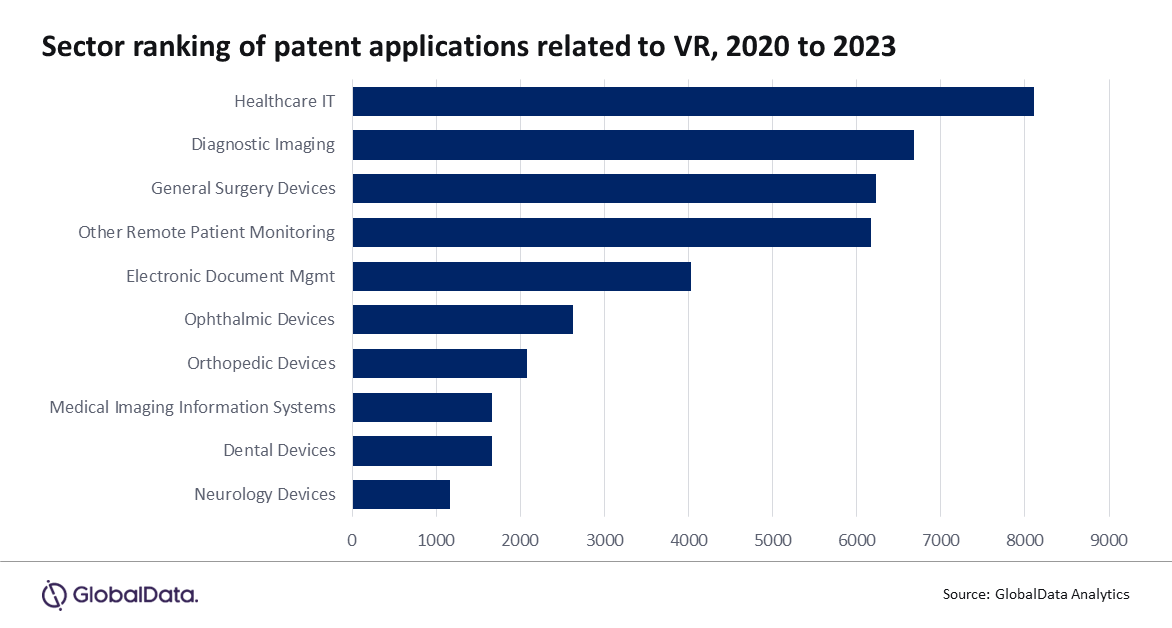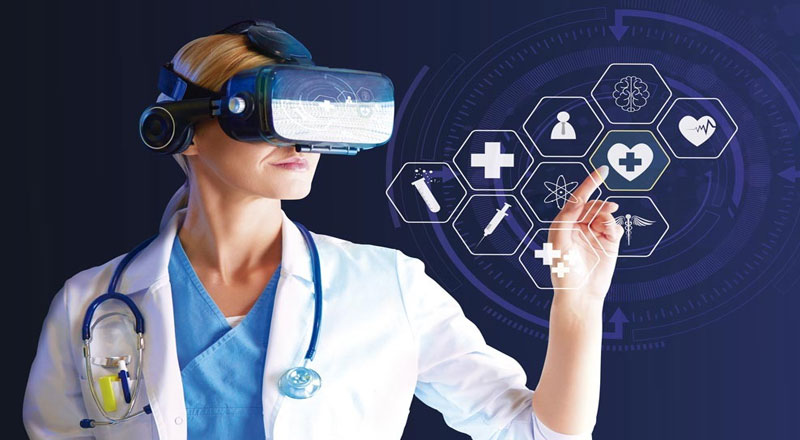Virtual reality (VR) provides an immersive experience in a simulated or augmented environment that entirely replaces the users’ field of vision through a headset. The future of VR in healthcare seems bright, with numerous VR-based solutions being created and tested globally, from mental health therapies to drug development and surgical training, says GlobalData, a leading data and analytics company.
Elia Garcia, Medical Analyst at GlobalData, comments: “VR has developed into a useful tool for medical personnel to improve patient experiences, recovery results, and even medical education. Digital health applications in combination with VR technology may benefit patients experiencing mental health conditions. Patients who are undergoing virtual reality exposure therapy (VRET) are submerged in a safe environment while receiving treatment for their phobias or anxieties.”

Another area that can significantly improve with VR is diagnostic imaging . Medical professionals can visualize and interact with 3D medical images more effectively, which can help them identify and diagnose medical conditions more accurately. This improved visualization can help physicians better detect diseases such as tumors, infections, and fractures.
Garcia concludes: “Definitely an area that VR has been impacting in a positive way is general surgery. Surgical teams can design, practice, and mimic procedures using VR technology before carrying them out on real patients. This can also lower the chance of complications during surgery. Future applications of VR technology in healthcare are likely to be much more creative as technology develops.”





